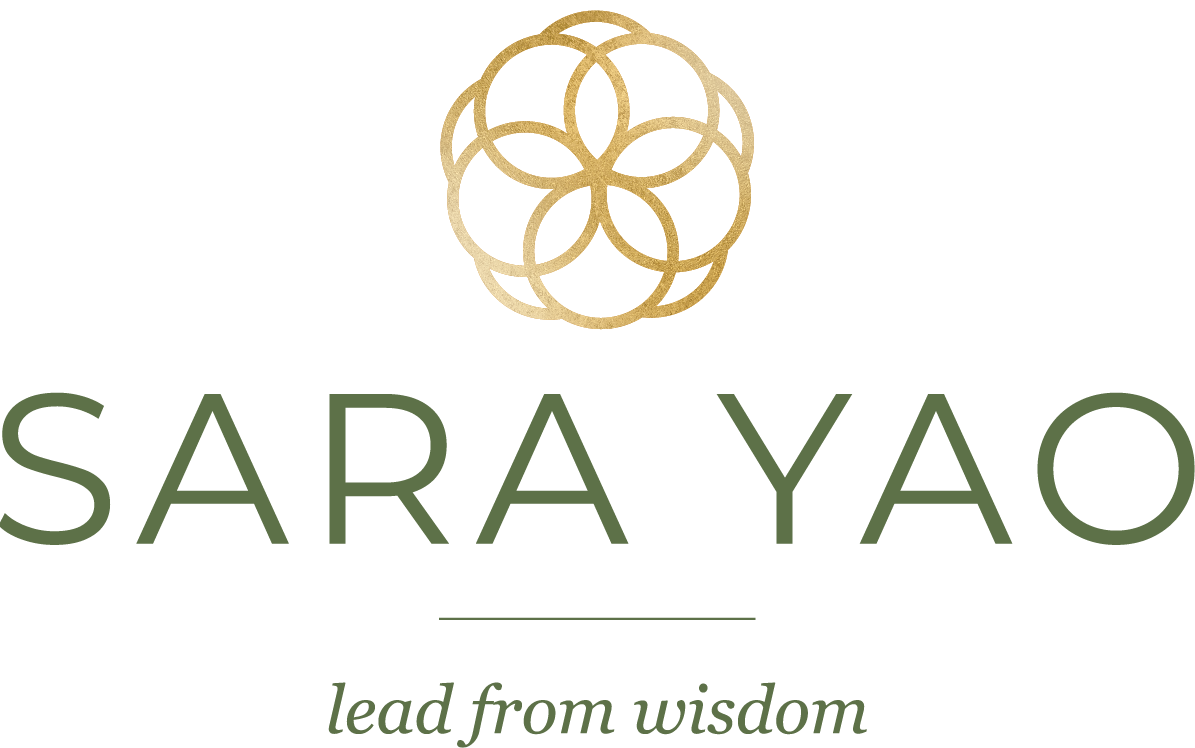Am I Living on Autopilot?
Yao Consulting
When you’re on autopilot, you’re going through the motions of life, checking things off your list, but not being really, truly present to your experience. The tricky thing about being on autopilot is the unconscious nature of it. Think about how autopilot works in a jet: the pilot decides to put the plane on autopilot and then in theory can rest, sleep, or take a break while someone (or something) else takes over. That’s kind of what we do when we’re on autopilot. We essentially go to sleep at the wheel and don’t steward the direction of our lives with conscious awareness.
On a jet, the pilot has to make a decision to take the aircraft to autopilot and take back the controls. But how do we do that for ourselves if we don’t even know we’re on autopilot? The following are some signs we can look at to tell us if we’re living on autopilot. Perhaps you can relate?
You have a hard time going to sleep or staying asleep because your mind is thinking about the past or the future.
You don’t hear what your coworkers, children, or partner is saying because you are distracted.
You miss out on time with loved ones because you’re so busy.
You’re irritated, cranky, or in a bad mood and don’t really know why.
You don’t get the amount of sleep or exercise you’d like because of how busy you are.
On some level, you feel as if your life is in control of you, versus your being in control of your life.
You’re behind on routine self-care, such as doctor and dentist appointments.
When you think about making a change, it feels overwhelming, so you keep on doing what you’re doing.
If you answered yes to several (or most) of these statements, you’re not alone. Unfortunately, operating on autopilot has become more of the norm in our society, yet it is having devastating effects on our health, happiness, and effectiveness. The beautiful thing is that we don’t have to live like robots on autopilot. In my new book, Drop In: Lead with Deeper Presence and Courage I share why we’re on autopilot and more importantly, what we can do about it.
Instead of autopilot, we can live from a state of presence. We came into this world as fully present beings so presence is not something we have to learn; rather presence is something we need to remember.
Here are 7 easy ways to help you create space for you to drop in to the present moment and remember your natural state of presence:
Leverage Restroom Breaks
Everyone needs to use the restroom, so why not leverage that time? Take a few deep breaths, mentally scan your body for tension, and try to become aware of your experience in the moment.
Connect with Something Larger than Yourself
We can return to presence when we remember that we are a part of something far greater than ourselves. This might be your family, company, community, God or even Mother Nature.
Take Five
Even people with busy calendars can find five minutes in their day to intentionally drop into the present moment. Even just a few moments of intentional breathing, stretching, or noticing the enjoyment from your cup of coffee can help you remember that you are more than all the tasks on your daily to-do list.
Focus on Green
Looking at the color green, particularly in nature, calms your nervous system. When you’re stressed or triggered, find something natural and green. If you can’t find something green, just close your eyes and imagine you’re in nature, surrounded by lush, green plants and trees.
Use your Senses
Notice the feeling of water on your hands, the smell of your tea, the sensation of your clothes or how it feels to place your feet on the ground. Tuning into your senses will always bring you into the present moment and one, nice, deep breath can change your perspective.
Listen for Silence
Everything in our lives rests upon silence, but how often do you intentionally listen for silence? You can focus on the small gaps between people talking, the silence between notes in a song or even the silence between your inhale and exhale.
Make Eye Contact
When we’re on autopilot its easy to be so caught up in our thoughts that we fail to acknowledge people around us. Take a moment and intentionally acknowledge your friends, coworkers or even strangers by making eye contact or giving them a smile.When we move from autopilot to presence we open ourselves to the richness of the current moment. You might just be surprised at how clear, alive and connected you feel when you take back the controls of your life.

